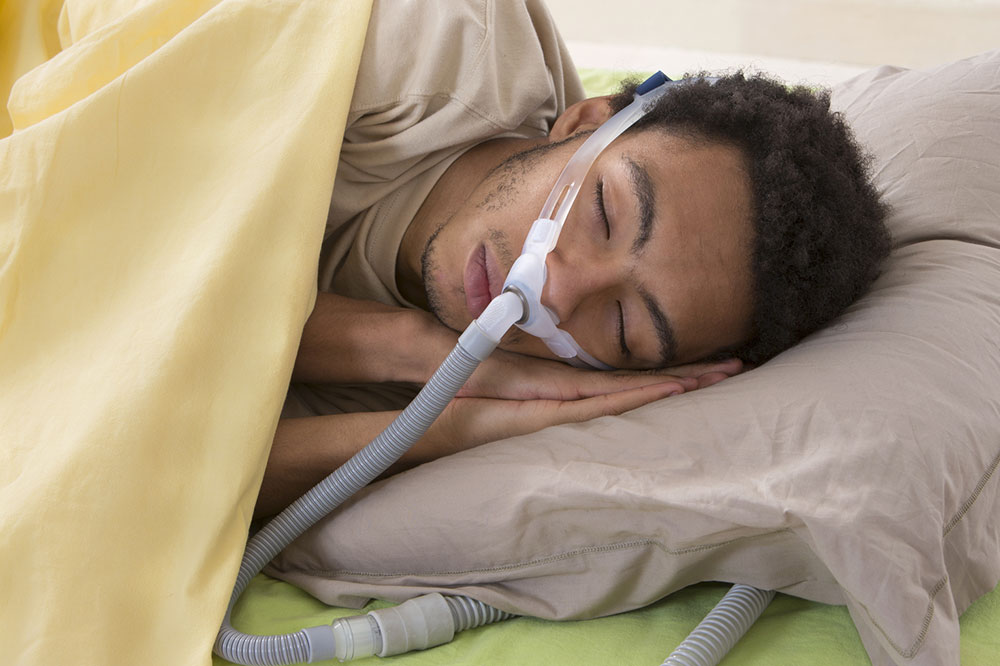
Causes and Treatment Options for Sleep Apnea
Sleep apnea does not have to be a serious condition. One needs to learn about it and ensure that timely treatment is received. Regardless of a person’s age, there are different causes and treatment options for sleep apnea. Understanding the condition would help you realize that it is not that difficult to manage. It is all about incorporating a few lifestyle changes.
So, let’s learn about the causes and treatment options for sleep apnea.
Causes of sleep apnea
Sleep apnea is a disorder wherein one wakes up frequently gasping for air. It happens because the airway becomes narrow when the throat muscles tend to relax more than usual, which causes difficulty in breathing. Though there are no straightforward causes for the same. Here are some risk factors that increase the chance of developing sleep apnea –
Obesity: People who are overweight are more vulnerable to developing sleep apnea. Sudden weight gain is also a risk factor. For healthy breathing and chest movement, excess body fat can be intrusive.
Hypertension: Hypertension or high blood pressure is also closely related with obesity. People with hypertension have difficulty in breathing while sleeping. The reverse condition is also true. When breathing is obstructed during a sleep apnea episode, the blood pressure rises drastically.
Asthma and other conditions: People with inherent breathing disorders like asthma might experience sleep apnea. There are also some who inherit the condition. While breathing might be normal when awake, it repeatedly stops and starts when you are asleep.
Treatment options for sleep apnea
PAP or positive airway pressure: In this treatment method, pressurized air is used to prevent breathing difficulties caused by the narrowing of the airway. This treatment is done with a mask that regulates the airway pressure. Depending on the severity of the condition and other factors, this treatment method can be customized.
CPAP: For most people who know about the causes and treatment options for sleep apnea, CPAP is one of the most commonly known treatments. Continuous positive airway pressure application is one of the most effective methods for people, who experience severe sleep apnea. One might experience some level of discomfort in this treatment, but it is known to be highly successful in quickly restoring normal breathing.
Adaptive servo ventilation: Among the technologically advanced treatment strategies for sleep apnea, this one is quite reliable. It involves the automatic sensing of breathing patterns and restoration of normal breathing when the airways become narrow. It works by tuning the operation of the devices by analyzing the patient’s healthy breathing pattern.
Now that you know the causes and treatment options for sleep apnea, take suitable measures to keep this condition at bay. A good sleep is great for your mental and physical health in the long run.


